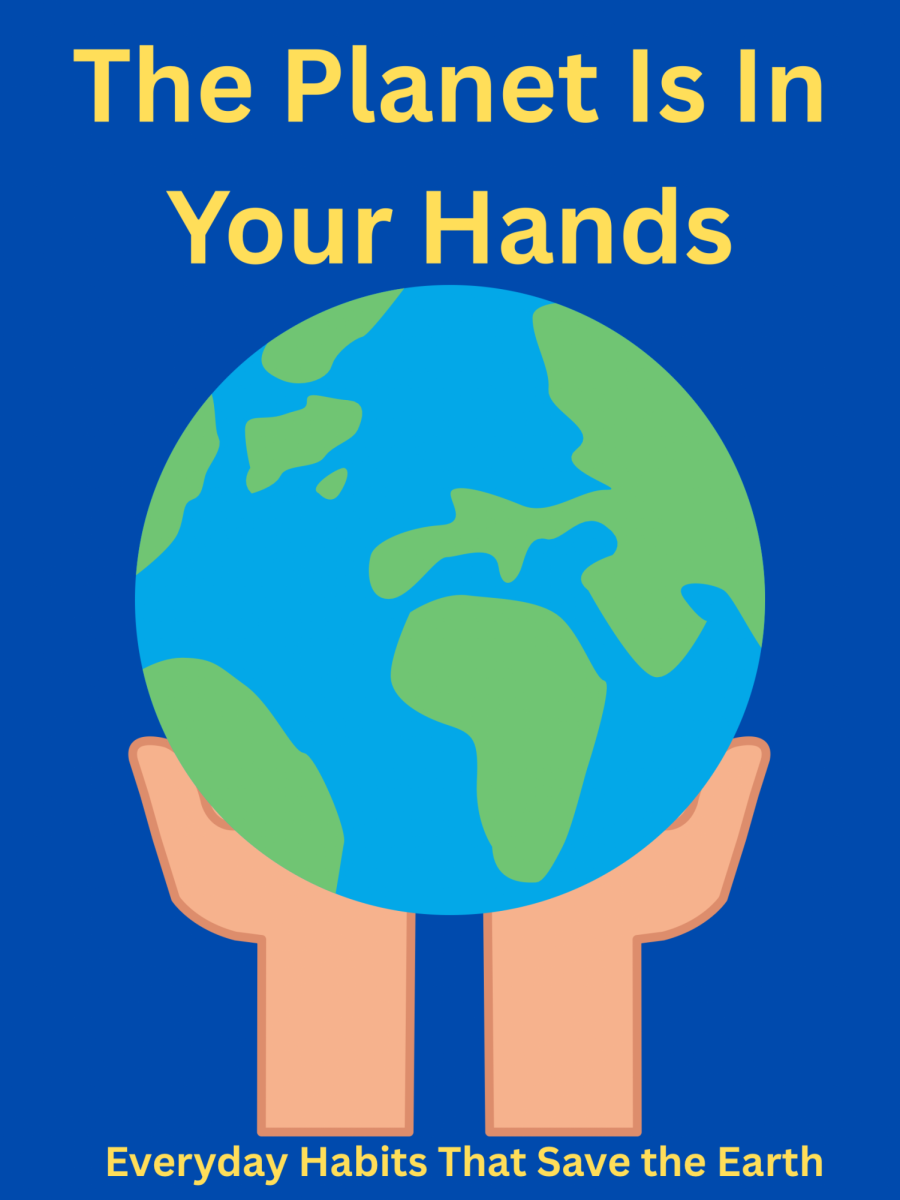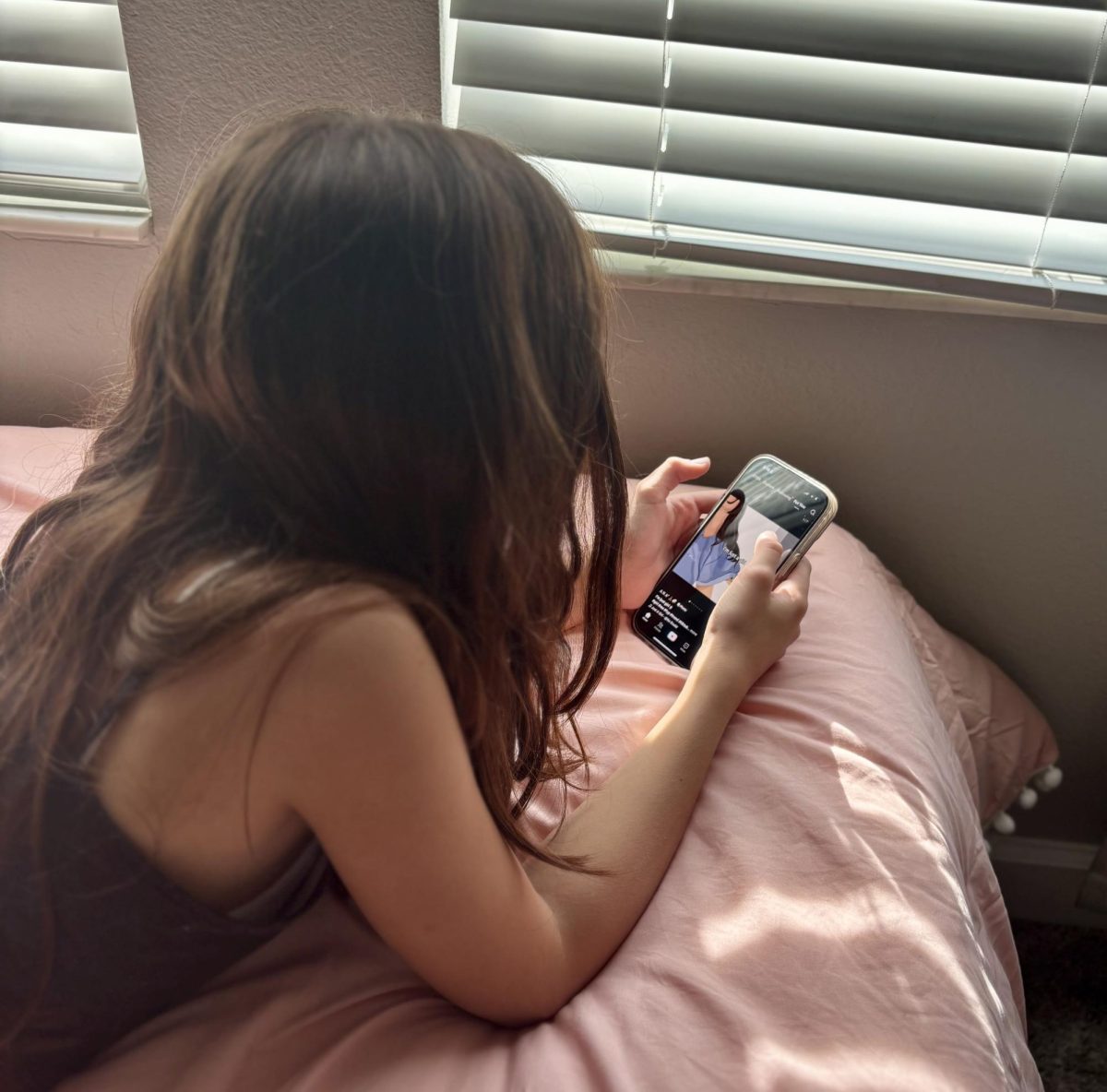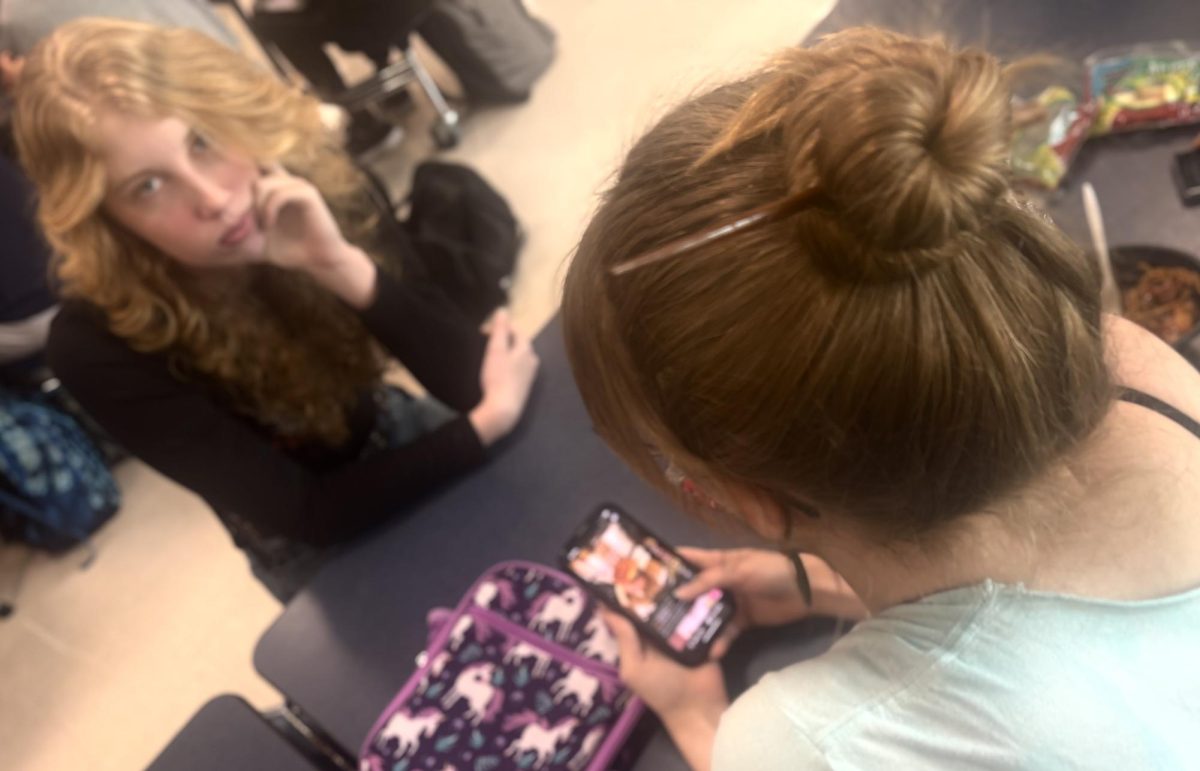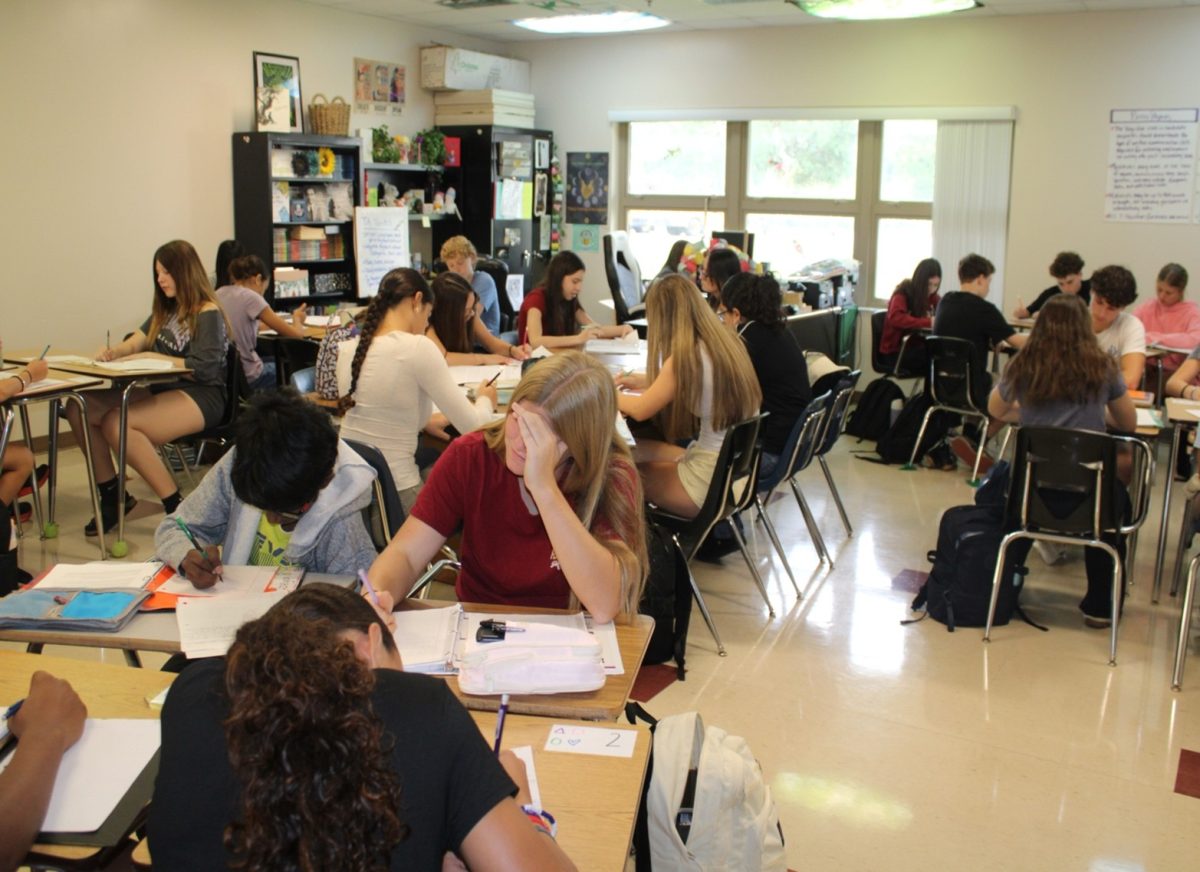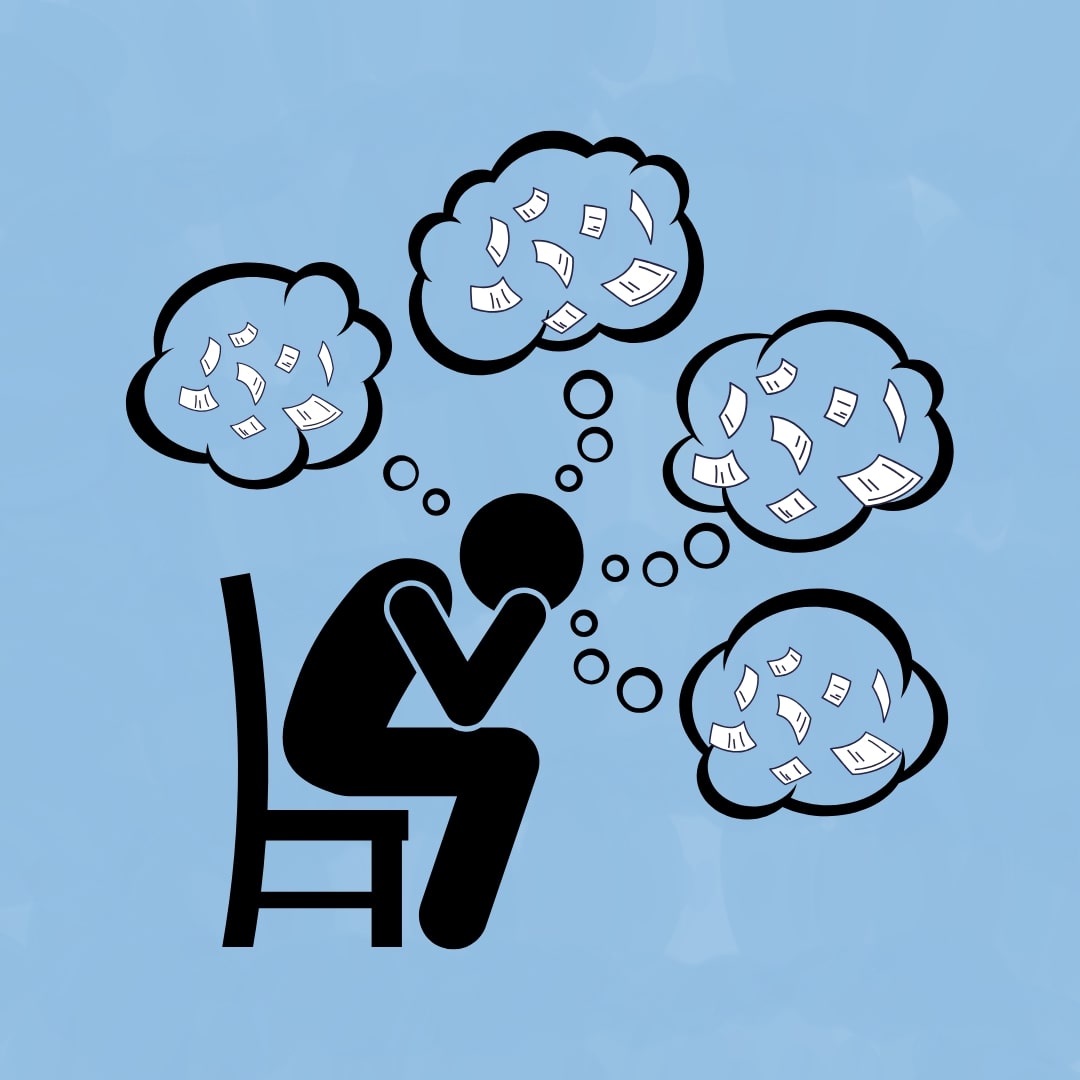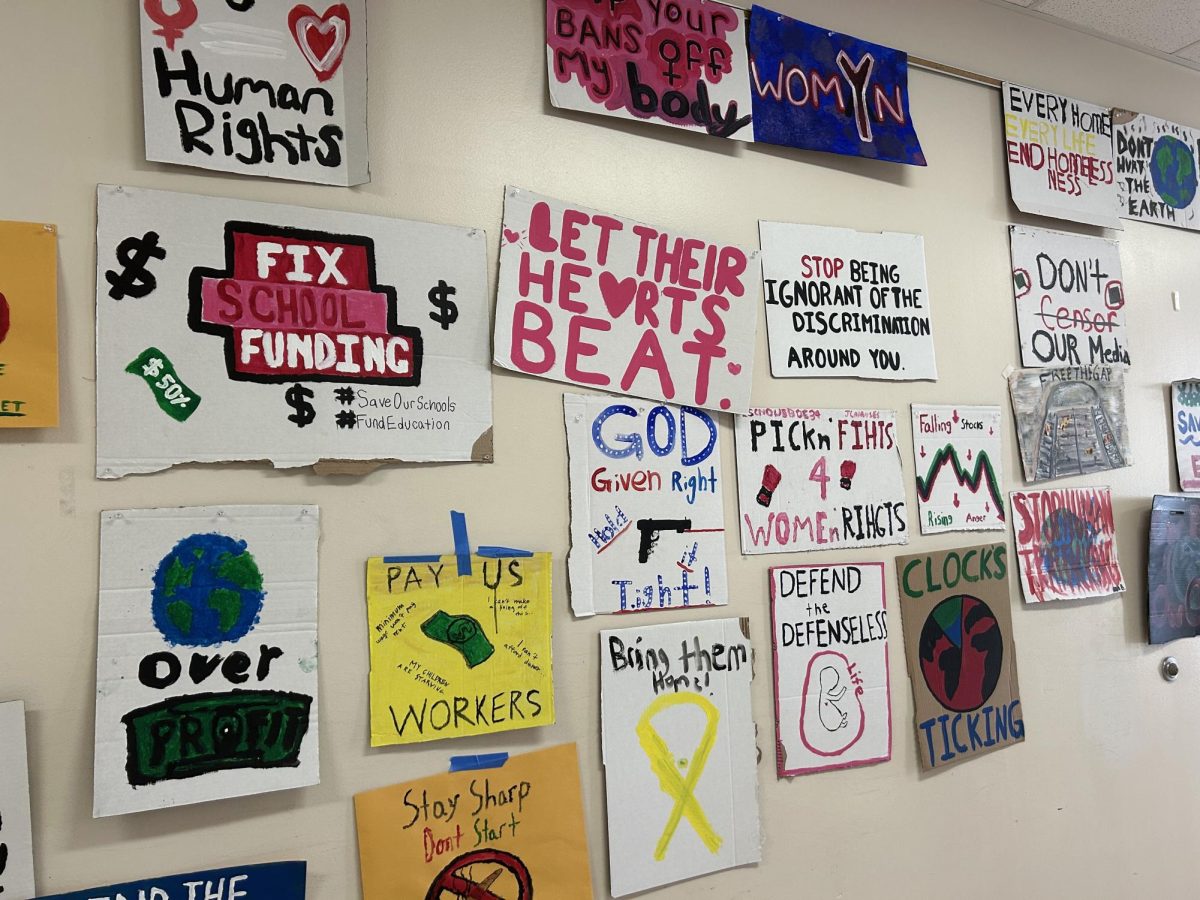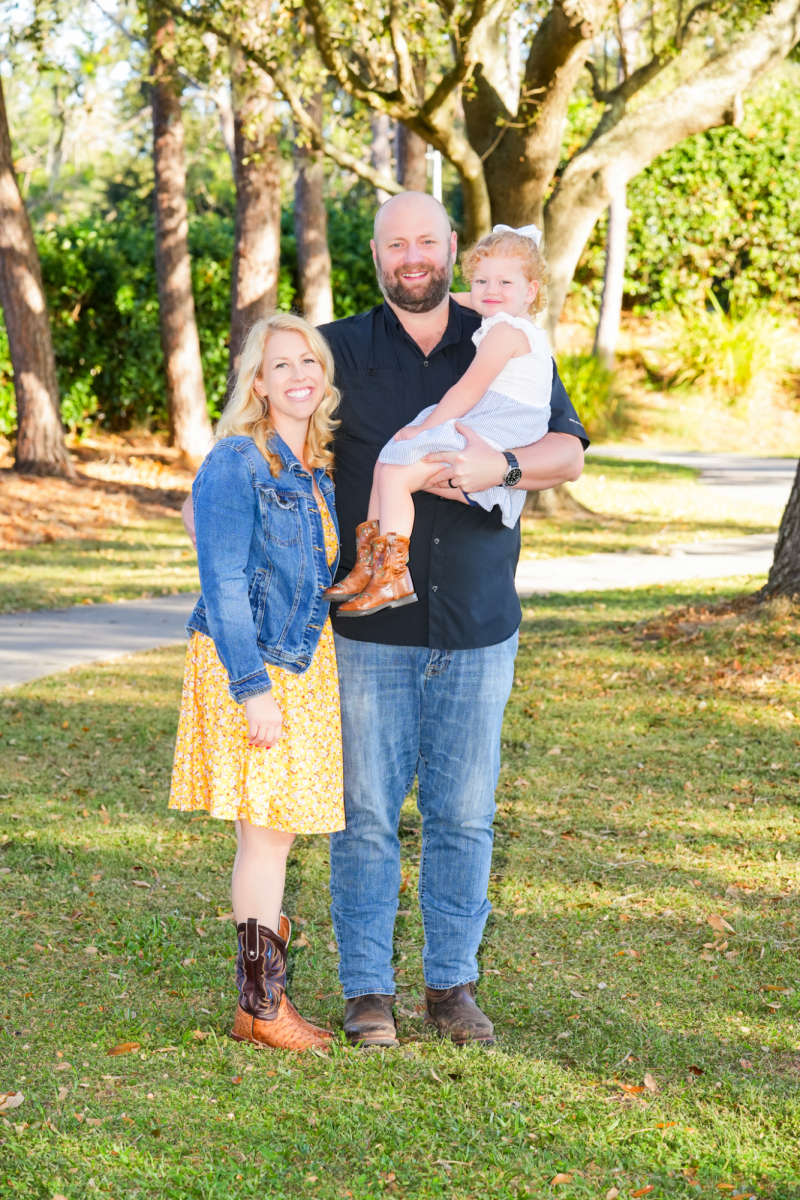The most asked question when January 1st rolls around is “what are your new year’s resolutions”, or at least it used to be. Many people heading into 2024 aren’t making any resolutions. When asked if they knew anyone who did, four out of four students had no one in mind. Has the fun of sticking to a goal run out? Or have we just given up on persistence? Sophomore, Valerie Londono, says people are failing resolutions because “they can get unmotivated easily”.
With that, Sophomore, Ella Stewart believes “people make too big of them [resolutions] and get overwhelmed”. This could turn a positive new year’s resolution into a negative chore, rather than a way to “become a better version of yourself” (Stewart). The fear of failing may be a factor that steers people away. Times Magazine writes “80% of people fail their resolutions by February.”
On the contrary, some people do not believe in new year’s resolutions at all. Sophomore Gabby Donish doesn’t support the popular, yearly tradition. “You can begin something new any time of the year” said Donish. This allows people to get motivated on their own clock rather than feel the pressure of beginning at a certain point. The purpose of new year’s resolutions is to focus on self-improvement, to Donish’s point, what’s stopping people from beginning in any other month?
“New year, new me” is a widely known statement that creates a stressful stigma to change around the new year. Starting your new year’s resolution in November or early December can alleviate some stress that follows. This allows you to start the new year already in consistency instead of worrying about changing everything as soon as the clock hits midnight. Plus, if you fail before the new year, there’s still time to recoup and try again. Overall, new year’s resolution’s intentions are positive, but come with lots of pressure along the way. Whether you choose to make one, or not, is up to you.



